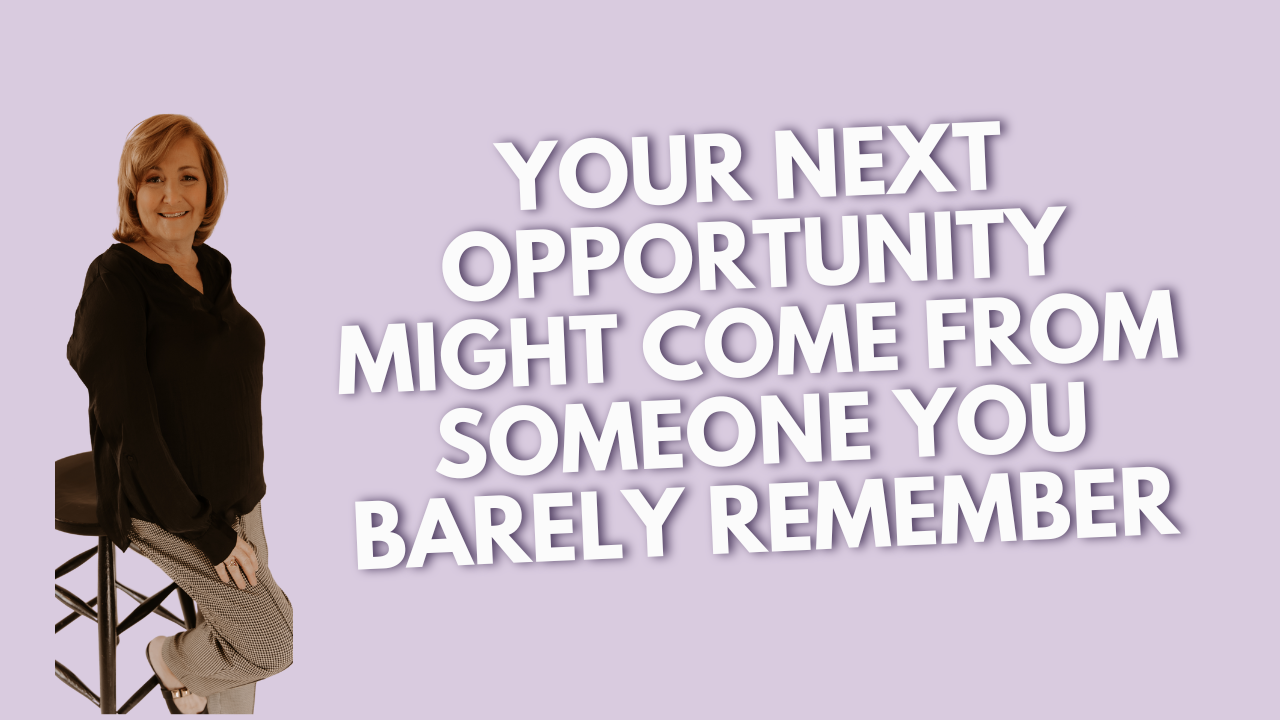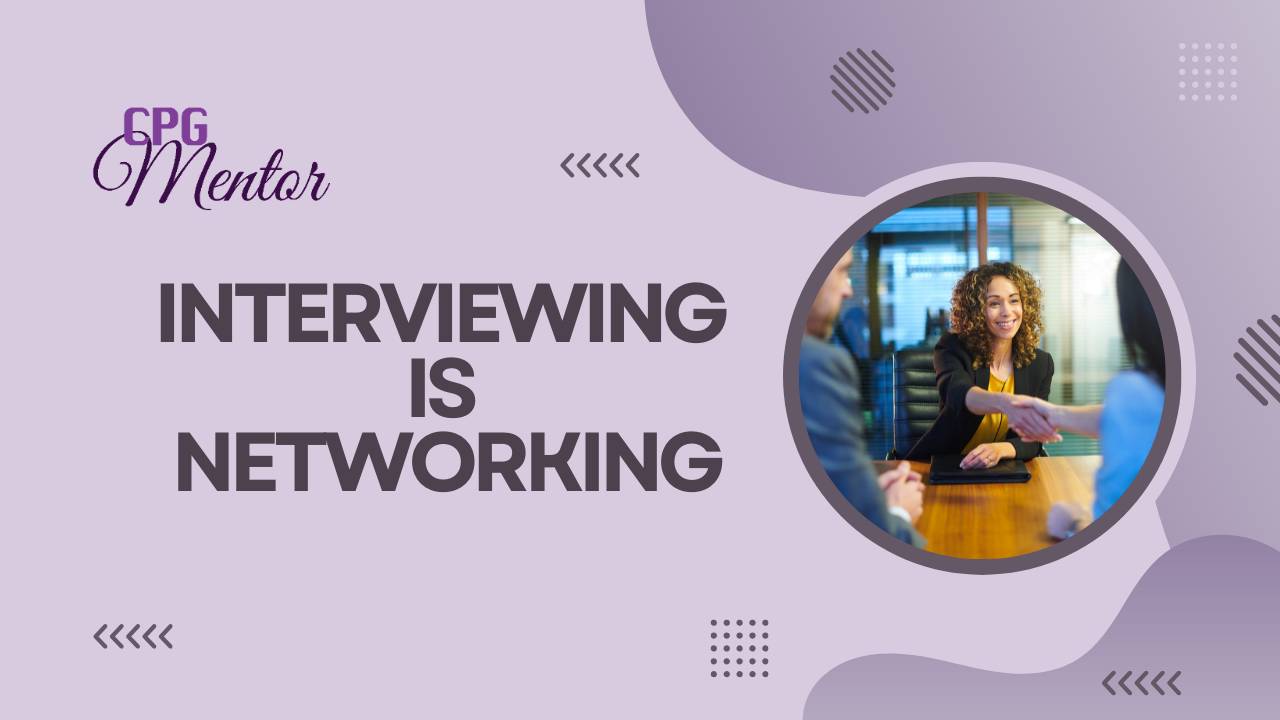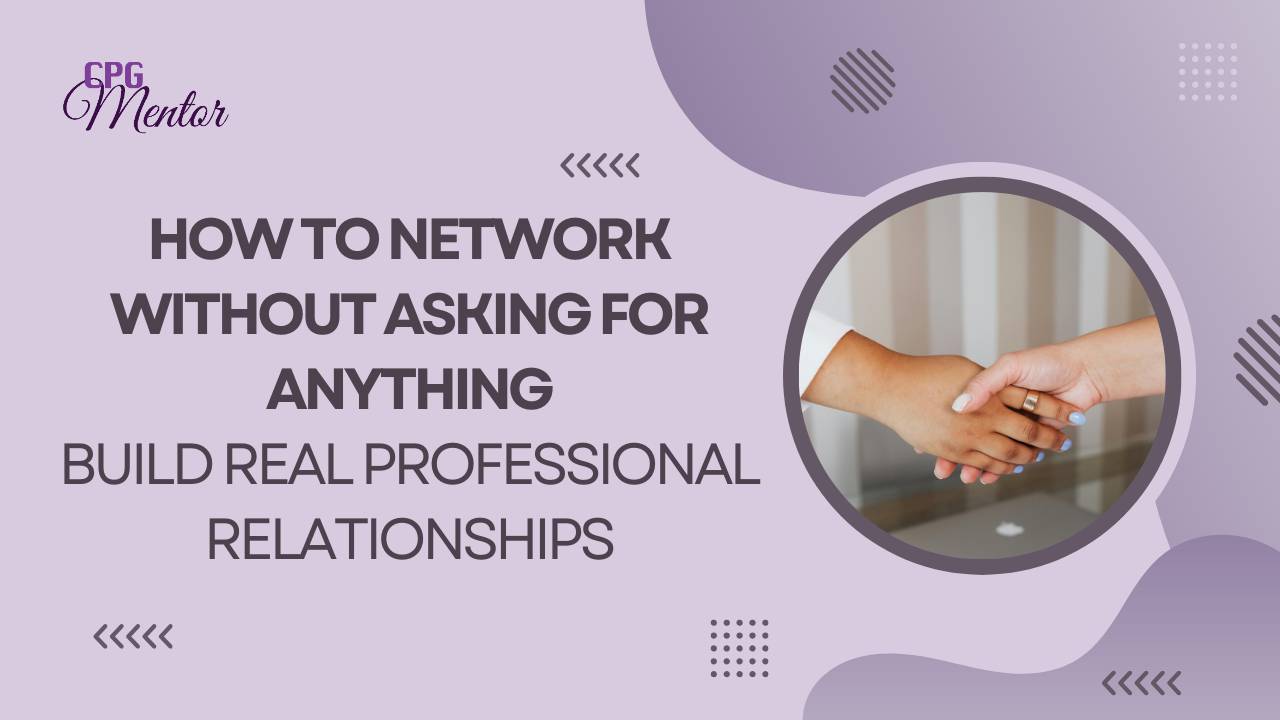Leveraging Weak Ties and Unlikely Opportunities: The Hidden Power of Your Network

Why Your Next CPG Role Might Come from Someone You Barely Remember
When she first reached out, one ...
They Said “You’re Too Corporate.” Here’s Why That Rejection Didn’t Matter.

Rejection stings—especially when you feel like you were the right fit.
I recently worked with a co...
Winding Down Your Job Search: What to Do After You’ve Accepted an Offer

Your Job Search Isn’t Over the Moment You Say “Yes”
You’ve done it. After months of networking, in...
From Job Search Chaos to Clarity: How to Stay Focused and Get Results

She had 37 browser tabs open.
LinkedIn Jobs. Indeed. Company careers pages. Half-written cover lett...
How to Lead an Interview and Stand Out as the Candidate They Need

Turn Interviews Into Conversations, Not Tests
Interviews often feel like a test—questions fired at yo...
Stop Letting Rejection Define Your Worth: Transforming "No" Into Your Next Big Opportunity

Rejection #47.
That's what she wrote in her job search tracker. Like she was collecting stamps.
"...
Interviewing Is Networking: How Every Conversation Builds Your Career

Every Interview Is a Networking Opportunity
When most people think about interviews, they only focus...
How to Network Without Asking for Anything | Build Real Professional Relationships

A few weeks ago, someone sent me a message that stopped me mid-scroll.
No ask.
No “quick question.”...
From Overthinking to Action: How to Quiet the Noise and Just Take the Next Step
You've been staring at that LinkedIn message for 20 minutes.
Should I mention I'm job searching? Is...
The Evidence-Based Approach to Building Confidence in CPG Leadership

My client was shaking during her first CPG director interview.
"I don't have confidence," she told ...
